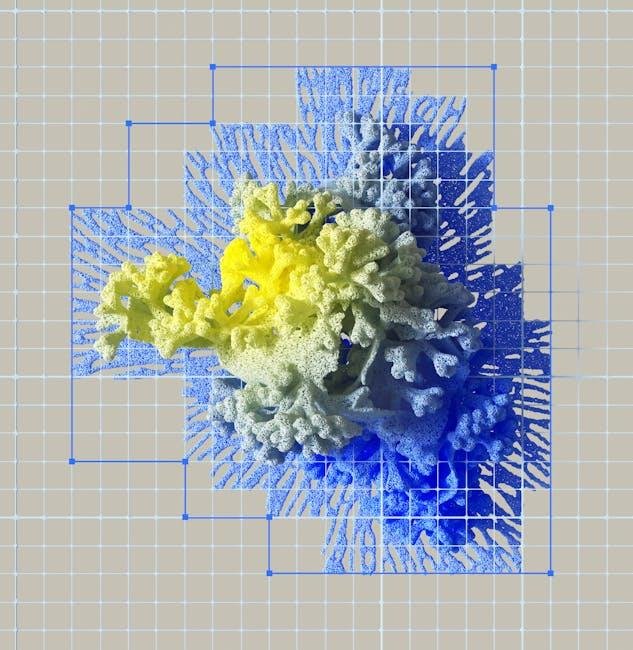As we stand at the precipice of a new era in healthcare, the integration of artificial intelligence (AI) into home health services is poised to revolutionize the way we care for ourselves and our loved ones. With advancements in technology accelerating at breakneck speed, the vision of a future where intelligent systems assist with daily health management is no longer a distant dream.Picture a world where AI-enabled devices monitor vital signs, predict health crises before they occur, and offer personalized care plans tailored to individual needs—all from the comfort and familiarity of home. This article invites you to explore the multifaceted landscape of AI in home healthcare, examining its potential to enhance patient outcomes, empower caregivers, and redefine the boundaries of medical assistance. As we navigate this unfolding narrative, we will uncover the promises, challenges, and ethical considerations that will shape the future of wellness in our homes. Join us on this journey into the heart of innovation, where technology meets humanity in the pursuit of better health for all.
Exploring Technological Advancements in AI for Home Healthcare
The landscape of home healthcare is being revolutionized by cutting-edge AI technologies, wich are enhancing patient monitoring, personalized treatment plans, and operational efficiencies. With the advent of smart devices and advanced algorithms, caregivers can now access real-time data that aids in decision-making and improves patient outcomes. This shift not only ensures timely interventions but also supports the autonomy of individuals managing chronic conditions within the comfort of their homes.
Among the most promising advancements are AI-powered virtual assistants and predictive analytics. these tools offer features such as scheduling reminders, medication management, and even emotional support through conversational interfaces. Consider the following innovative applications:
- Remote Patient Monitoring: Collects vital health metrics through wearable devices.
- Telehealth Integration: Uses AI to streamline remote consultations for more accessible healthcare.
- Data-driven Insights: Analyzes ancient data to predict health deteriorations before they occur.
To further illustrate these developments, the following table encapsulates the types of AI technologies and their healthcare applications:
| AI Technology | Request |
|---|---|
| Machine Learning | Predictive analytics for patient care |
| Chatbots | 24/7 patient support and information |
| Natural language processing | Improving documentation and clinical notes |

Enhancing Patient-Centric Care through AI Integration
As the landscape of home healthcare evolves, integrating artificial intelligence fosters a paradigm shift towards truly patient-centric care. By harnessing AI technologies, healthcare systems can glean invaluable insights from patient data, leading to tailored treatment plans that align with individual needs. This personalization is bolstered through:
- predictive Analytics: AI systems analyze historical health data to foresee potential medical issues, allowing for proactive intervention.
- Virtual Health Assistants: These AI-driven tools can provide 24/7 support, responding to patient inquiries, scheduling appointments, and reminding them about medication adherence.
- Telehealth Integration: AI can facilitate smoother virtual consultations, using natural language processing to enhance interaction between patients and providers.
Moreover, the implementation of machine learning algorithms enables the continuous enhancement of patient care by learning from each interaction. This adaptive learning approach ensures that care strategies remain relevant and responsive over time. To illustrate the impact of AI integration, consider the following data:
| AI Feature | Benefit |
|---|---|
| Risk Assessment Tools | Identify high-risk patients early |
| Remote Monitoring systems | Continuous tracking of vital signs |
| personalized Care plans | Enhance patient engagement and outcomes |

Addressing Privacy and Ethical Challenges in AI-Driven Solutions
as AI technologies infiltrate home healthcare, significant privacy and ethical issues rise to the forefront. Patient data, the lifeblood of effective care, frequently enough becomes vulnerable to misuse or unauthorized access. The growing reliance on algorithms necessitates stringent protections to ensure that personal health information remains confidential. Moreover, the need for clarity in how AI-generated decisions are made is paramount; practitioners and patients alike must understand the reasoning behind algorithms, notably in critical care settings. Addressing these concerns demands not only robust cybersecurity measures but also a commitment to user education on how their data is collected and utilized.
Ethical dilemmas concerning AI in healthcare further complicate its integration into home environments. The potential for bias in AI algorithms poses a risk of inequitable treatment across different demographics, necessitating ongoing vigilance and adaptability in technology development. To pave the way for responsible AI deployment, key stakeholders must engage in collaborative discussions that encompass a diverse range of perspectives. Establishing ethical frameworks for AI use can serve to guide developers and practitioners, ensuring that patient welfare remains at the heart of technological advancements. The establishment of ethical guidelines would promote a balanced approach, allowing for innovation while prioritizing human dignity and rights.

Future-Proofing Home Healthcare: recommendations for Implementation and Growth
As we look ahead, establishing robust frameworks for AI integration in home healthcare becomes essential. Key recommendations for implementation include fostering collaborations between technology developers and healthcare providers to ensure that the tools created align with the actual needs in patient care. Additionally, prioritizing data security is crucial; this involves employing advanced encryption techniques and adhering to regulations such as HIPAA to build trust among patients. It is equally vital to implement user-pleasant interface designs that cater to the diverse capabilities of patients or their caregivers, allowing seamless adoption of technology.
Moreover, investing in ongoing training and support for healthcare professionals will facilitate a smoother transition to AI-enhanced practices. This can be complemented by the following initiatives:
- Regular Workshops: Organize informational sessions that discuss the capabilities of AI tools.
- Feedback Mechanisms: Create channels for healthcare providers and patients to share their insights on AI technology.
- Scalable Solutions: develop applications that can easily expand to incorporate new features based on emerging technologies.
Tracking the effectiveness of AI tools also plays a vital role in ensuring their sustained growth. Establishing a system to monitor patient outcomes can effectively measure the impact of AI interventions, guiding future enhancements and adjustments to these technologies.
Key Takeaways
As we stand on the precipice of a new era in home healthcare, the potential for AI to reshape our approach to health management is both exciting and profound. The innovations on the horizon promise not only to enhance the efficiency and accuracy of medical care but also to foster deeper connections between patients and caregivers. As we navigate this evolving landscape, it’s crucial to remain vigilant in addressing the ethical implications and ensuring equitable access to these technologies. By combining human empathy with technological prowess, we can create a future where healthcare becomes more personalized, proactive, and accessible for everyone.With each advancement, we inch closer to a world where AI is not simply a tool, but a trusted partner in our journey to better health at home. Let us embrace this change thoughtfully and collaboratively, paving the way for a healthier, more connected future.
